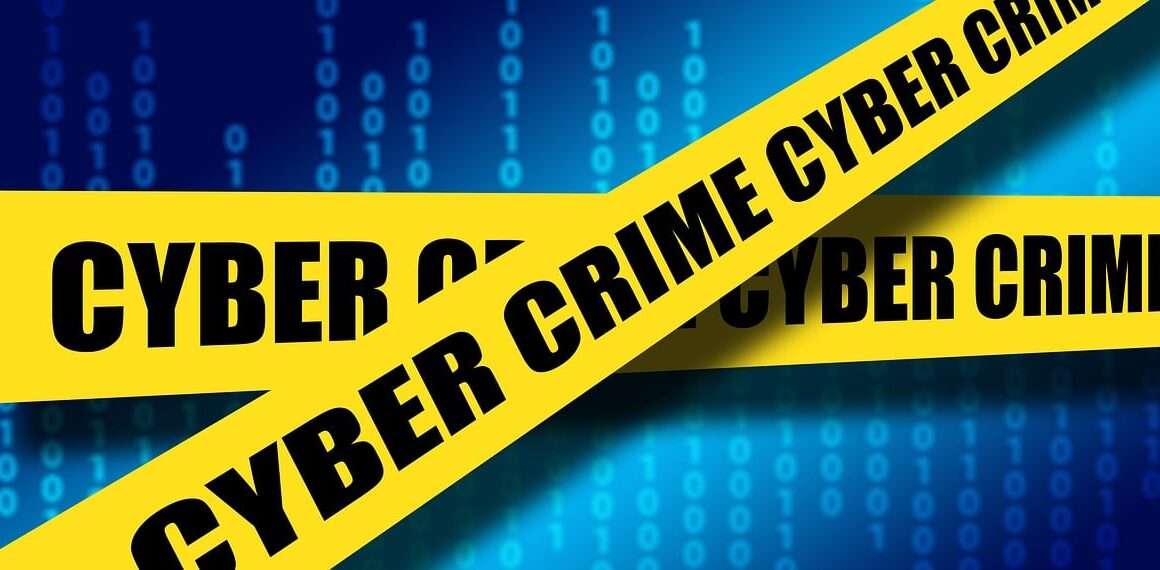Security Considerations for DeFi Investors
Decentralized Finance (DeFi) has emerged as a promising sector within Financial Technology (FinTech). While the possibilities it offers are enticing, there are significant security implications and considerations that investors must keep in mind before entering this space. First and foremost, the absence of regulatory oversight in DeFi creates a landscape where fraudulent activities might thrive. Investors should be aware that the risk of loss is amplified as many decentralized platforms have faced significant hacks and vulnerabilities over the years. Additionally, a thorough understanding of smart contracts is crucial before investing. Investors must recognize that misconfigured or poorly designed smart contracts can lead to substantial financial losses. Therefore, it is vital to trust reputable audits and ensure that any code is verified by experienced developers. Investors should consider using decentralized exchanges cautiously and performing due diligence, which can help mitigate risks. Lastly, embracing security practices such as hardware wallets and two-factor authentication can enhance protection against potential breaches. These basic yet crucial actions serve as a first line of defense against the common threats identified in the DeFi ecosystem.
Furthermore, it is essential to remain abreast of potential vulnerabilities specific to DeFi protocols. The rapid pace of innovation in the space often leads to gaps that malicious actors can exploit. Investors should familiarize themselves with common attack vectors, such as flash loan attacks, where users borrow large sums of assets with no collateral, skewing market prices during transactions. Similarly, understanding the risks associated with yield farming is critical, as this practice can create vulnerability to impermanent loss. This phenomenon occurs when the price of tokens changes significantly in a liquidity pool, resulting in losses that may exceed the gains from yield rewards. Additionally, the importance of community engagement cannot be overstated; joining forums, following developer updates, and participating in discussions can enhance an investor’s awareness of potential threats. It is equally vital to assess the security measures that decentralized protocols implement routinely. Established protocols often undergo security audits conducted by credible firms, whereas newer or less-known platforms might lack proven security practices, amplifying investor risk. Before committing funds, conducting a careful review of security protocols is a prudent strategy for informed investing.
As the DeFi landscape continues to evolve, the integration of insurance mechanisms offers an additional layer of security. Many platforms are now providing coverage against specific risks such as smart contract bugs and platform hacks. Understanding these insurance offerings is a crucial step for investors aiming to protect their assets, although it’s important to note that coverage may not be universal. Additionally, it may be limited in scope or may impose certain conditions for payouts. Nevertheless, it represents a proactive approach to mitigating inherent risks in this decentralized system. Investors should weigh the costs and benefits of such insurance and consider purchasing it if it aligns with their risk tolerance. While opting for insurance, pondering the reputation and reliability of the insurance provider is essential to ensure the efficacy of the coverage. Furthermore, diversification across multiple DeFi protocols can bolster security, as spreading investments can reduce exposure to risks associated with a single platform. Investors should not place all their capital into one project but should consider multiple avenues within DeFi geared towards achieving an optimal risk-reward balance.
Personal Security Practices
On a personal level, adopting sound security practices is indispensable for protecting assets in the DeFi ecosystem. One of the most effective measures is the use of a hardware wallet for storing cryptocurrencies. Unlike standard wallets that may be vulnerable to malware, hardware wallets offer offline security, making it much harder for hackers to access funds. Regular software updates and employing strong, unique passwords across different platforms are basic yet vital practices. Investors should navigate into two-factor authentication (2FA) wherever possible, as it adds an additional security layer. Furthermore, being cautious with shared personal information online can serve to prevent potential phishing attacks, where scammers attempt to steal private keys or sensitive data. Awareness of phishing attempts and practicing discernment when engaging with unknown platforms or tokens is of paramount importance. Investors should avoid connecting wallets to unreliable or suspicious websites, as this represents one of the simplest methods for attackers to compromise assets. Establishing a strategy for managing risks associated with private keys will greatly enhance overall security.
In addition to personal strategies, leveraging blockchain analytics tools can give investors a comprehensive view of the ongoing transactions and vulnerabilities within DeFi. For those investing larger sums, monitoring these tools can indicate suspicious activities and alert on potential risks. Engaging with tools like on-chain data analytics can help identify emerging threats related to network weaknesses. Furthermore, joining specialized communities can provide broader insights regarding latest trends and risks within the DeFi sector. Peer discussions can shed light on problematic protocols that others may have encountered, creating a more informed investing landscape. It is worth noting that community dynamics can play an important role in the success of a project; investors should take the time to understand the strength of the project’s community. Platforms with active engagement are often a sign of robust support and increased trustworthiness. By coupling technical knowledge with community intelligence, informed decisions can be made, reducing risks normally associated with investment moves.Products that offer real-time alerts can aid in monitoring the DeFi ecosystem more effectively.
Regulatory Impacts on Security
Understanding the evolving regulatory environment is an additional layer of risk awareness for investors in the DeFi space. As governments and authorities focus on establishing regulations, compliance could heavily impact various protocols and platforms. Regulatory actions may lead to reforms, exchange closures, or restrictions that could directly affect assets and their liquidity. Investors need to be keen on news affecting DeFi sectors, as regulations could prompt either positive outcomes through increased legitimacy or possible negative ramifications. Having an understanding of where platforms stand in terms of compliance will equip investors with foresight on how their assets might be impacted. Legislative actions can even affect the nature of decentralized protocols, particularly those with ties to centralized entities that require compliance measures. Keeping an eye on impending laws and potential impacts on the overall sector can help investors make informed decisions regarding their investments. Creating strategies that can adapt to regulatory changes can serve to protect assets in times of heightened scrutiny. Evaluating the regulatory history and context in which a protocol operates will further mitigate exposure to potential risks.
Lastly, institutional involvement in DeFi gives rise to a new wave of opportunities and concerns. The increased presence of institutional investors can drive legitimacy within the DeFi space, as these entities often implement robust security measures and strong governance frameworks. However, along with institutional investments, new threats and tactics could arise that smaller investors must be vigilant about. Institutions may have access to tools, strategies, and information not readily available to average investors, leading to potential market disadvantages. As DeFi protocols become increasingly popular, correlation with broader financial trends may increase, exposing investors to systemic risks. Due to institutional capital flow, pivotal shifts could occur in market dynamics, accentuating the importance of having a diversified portfolio that transcends DeFi. The impact of liquidity changes can amplify price volatility, and investors must be prepared for the resulting fluctuations. Establishing solid exit strategies and being adaptable is also essential in this evolving space, where market sentiments can change profoundly. By taking proactive steps, investors can better navigate the multifaceted risks associated with DeFi and enhance their financial strategies.
In conclusion, security considerations for DeFi investors are multifaceted and fluid. Engaging with DeFi requires a thorough understanding of its inherent risks and an awareness of available protective measures. Sound personal security practices paired with active community involvement can ensure a more secure investment journey. Equally, understanding regulatory impacts and institutional influences is crucial for strategizing within this rapidly evolving area. The integration of security tools, alongside insurance mechanisms, serves to enhance the investor’s defense against potential threats. Ultimately, successful investors in the DeFi landscape will be those who maintain a vigilant and adaptable approach towards their investments. By synthesizing these layers of security and awareness, it becomes possible to harness the potential of DeFi while minimizing risks effectively and responsibly.


